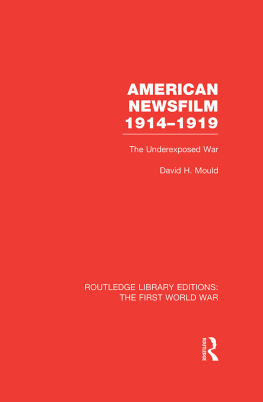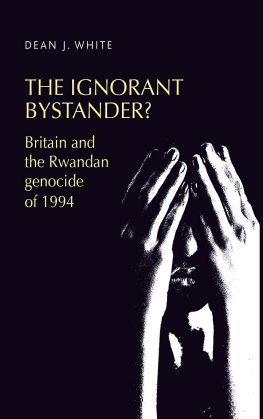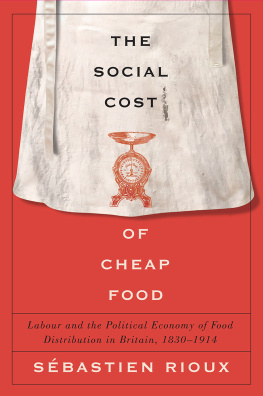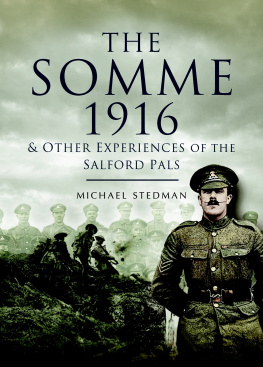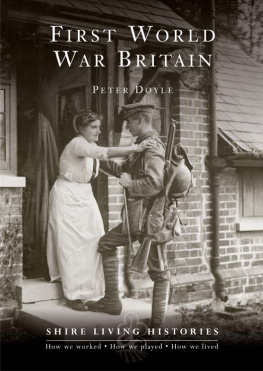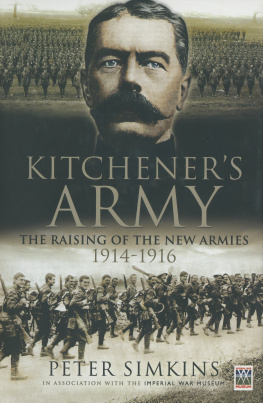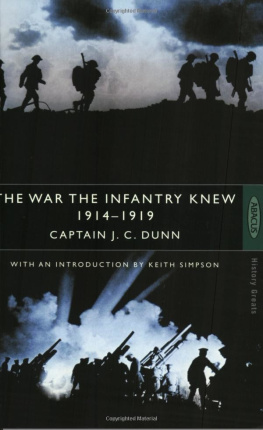STATE INTERVENTION
IN
GREAT BRITAIN
STATE INTERVENTION
IN GREAT BRITAIN
A Study of
Economic Control and Social Response
19141919
SAMUEL J. HURWITZ
First published 1949 by Frank Cass Publishers
New Impression 1968
Published 2013 by Routledge
2 Park Square, Milton Park, Abingdon, Oxon OX14 4RN
711 Third Avenue, New York, NY, 10017, USA
Routledge is an imprint of the Taylor & Francis Group, an informa business
ISBN 13: 978-0-714-61323-9 (hbk)
To
My Mother and Father
IN less than a generation, we have lived to see the reaffirmation of war as an instrument of national policy. No longer viewed as a rapidly disappearing abnormality of the body politic, war must be regarded as a threat to the civilization it is intended to defend.
This is a study of the impact of the First World War on the role of government in the economy of a country which was the prototype of modern industrial society. War now comprehends all the activities of society. It is not merely an affair of armies and navies, but of peoples and institutions; a total effort that encompasses the entire economy and compels the alteration of its structure. How permanent were the modifications of 19141918 and how they influenced the future fall outside the scope of this study. Yet, the development of economic controls in Great Britain, by adumbrating the future, provides lessons for our day in war, in preparation for war and, for that matter, in peace. This inquiry has, however, not been undertaken in the spirit of reading history backwards. The fact that in any presentation the selection of data inescapably conditions the conclusions should not discourage the attempt to state, elucidate, and explain in the spirit of wie es eigentlich gewesen.
The contrast between the decade of British history that immediately preceded the war and the four years of the war period does not reflect a lack of continuity. The events during the war and its aftermath cannot be comprehended without an understanding of the period before the war. Only in the perspective of the whole does each segment become intelligible. Accordingly, the history of the war period involves a consideration of the pre-war period, followed by an account of the slow, reluctant, and grudging response of the state to the imperatives of war. The more critical the situation, the more necessary it is for the state to manufacture the conditions of acquiescence, and to obtain active and even sacrificial support. It becomes, necessary, therefore, to record the reaction of the people; fully as important as the acts of the state are the mass responses they evoke.
The fundamental purpose of the study is to use Britain as a representative case history ; for the events of our time make this more than a record of a bygone and benighted age. As it becomes apparent that the First World War was the prototype of future wars, and as it becomes evident that Britain's response to that war helped to establish the pattern of response for the future, such a study becomes, perhaps, more than a matter of academic concern.
The pleasure of recording my gratitude for advice and criticism is tempered only by anxiety that no one but myself be held responsible for my faults. From his rich store of learning and understanding, Professor J. Bartlet Brebner helped me to clarify many problems of content and organization. Professor Robert Livingston Schuyler, by his sympathetic council and his editorial skill and historical judgement, saved me from numerous pitfalls. Professors Brebner and Schuyler have, in generous spirit, permitted me to draw freely upon the wealth of their knowledge and experience. Professor Jesse D. Clarkson, throughout my association with him, has presented intellectual challenges which have done much to shape my approach and methodology. My indebtedness to him runs long and deep. Professor Solomon F. Bloom has been a source of unfailing aid; I have gained much over the years. I am grateful to Professor Madeline R. Robinton for wise and sympathetic suggestions. I have profited greatly from the stimulating encouragement and insights of Professor Hans Rosenberg. In organizing my first draft, I leaned heavily on the assistance of Mr. Abraham H. Venit. Mr. Arthur Younger helped me with a number of problems. Professor and Mrs. Oscar Handlin have added to my burden of debt by critically reading an early draft as well as the galleys.
SAMUEL J. HURWITZ
SECTION I
THE LIBERAL SCENE
CHAPTER I
A DECADE OF LIBERALISM
THE problems of the pre-war decade in Great Britain, 19051914, were not born with the century, nor were they the Frankenstein-like creation of any political party. Implicit in a world-wide industrial revolution, spelled out by the rise of formidable rivals, the conditions of economic progress upon which rested the classical British civilization of the Victorian age seemed likely to disappear with Nineveh and Tyre. Many viewed the economic horizon with alarm. It seemed that the sunset was nearer than the sunrise, that senility pressed uncomfortably close upon maturity. There was no absolute decline in British trade and prosperity, indeed both were increasing; but many professed to read the handwriting on the wall by pointing to the inexorable fact that the rate of growth of British trade and industry had slackened, as contrasted with the acceleration so evident in other countries, particularly in Germany and in the United States.
The prospect of economic decline was the matrix of many other problems: imperial strains, foreign dangers, labor disputes. All these were linked up with the economic situation. But they were not the sole difficulties; among others were the heightened discontent of the Dissenters, the growing unrest in Ireland, and the garish, but none the less very real, suffragist movement.
To reverse the basic trend and thus save the British economy, the Tariff Reformers, headed by Joseph Chamberlain, offered and soon insisted upon what they claimed would be a simple solution. A protective tariff could tie the empire together and would shut out unfair competition; other countries would lower rather than raise their tariffs so as to take advantage of reciprocal agreements with Britain. With the consequent prosperity of British industry, wages would be raised, social reform would be realized, and a happy partnership of industry and labor would be cemented by a mortar more substantial than mere good will.
This program appealed to the agriculturalists and to some industrialists, chiefly in the iron and steel and the woolen and worsted trades, but was not accepted by the coal, cotton, and shipping interests who lived by export trade. An effective tariff, argued the free traders, would serve only to raise the costs of production and give aid and comfort to Britain's aspiring competitors. With the hungry-forties almost literally engraved on the national consciousness, the blandishments of the exponents of a protective tariff were easily and bitterly resisted by the mass of the workers, haunted by the memory of the dear loaf.
Harried by problems which even his subtle dialectic abilities could not resolve, Arthur James Balfour sought surcease, very temporary though he hoped it would be, from the cares of office on December 5, 1905.1 Two years earlier, the resignation of both Joseph Chamberlain and the Free Traders from the Cabinet had done little to ease the situation in the Unionist Party, where disunity continued to belie the name of the Party. Chamberlain had helped to split the Liberal Party twenty years before. Was the Unionist Party to undergo a similar fate? The difference between the Free Traders and Tariff Reformers was real; it might become basic.






